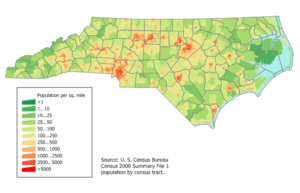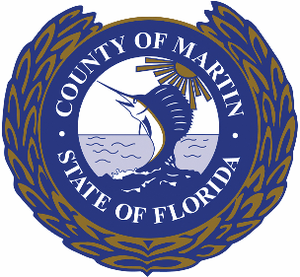Yesterday, Raleigh City Council passed a resolution opposing legislation under consideration by the North Carolina General Assembly that would limit or eliminate local governments’ ability to provide high-speed Internet and other broadband services to their citizens. The proposed legislation, House Bill 129 and Senate Bill 87, are known as Level Playing Field/Local Government Competition.
Tag: municipal broadband
Lawmakers eye blocks on fiber optic systems
By Emily Ford
Local officials say they have convinced state legislators to exempt Salisbury from a bill that would limit the ability of municipalities to operate broadband networks.
Salisbury recently launched Fibrant, a fiber to the home network that competes with private telecommunication companies to provide Internet, phone and cable TV service.
This marks the fourth year that legislation threatens municipal broadband systems like Fibrant.
N.C. Girds For Fifth Round Of Muni Broadband Battle
A battle over the right of municipalities to offer broadband services has erupted for the fifth time in four years in the North Carolina State Legislature.
This time, there’s both a bill that could curb the ability of cities to offer broadband to their residents and an opposing pro-muni bill that would expand the right to offer broadband to county governments. For the first time in the now long-running battle, however, it appears that the anti-muni broadband bill stands a reasonable chance of passing, says N.C. State Rep. Kelly Alexander.
New N.C. Bill Would Restrict Muni Broadband
by Wendy Davis
A lawmaker in North Carolina proposed a bill that would curtail communities from building their own broadband networks. The move marks the fourth time since 2007 that a state legislator has attempted to limit cities’ ability to create municipal broadband networks.
The most recent proposed measure — “An act to protect jobs and investment by regulating local government competition with private business,” would impose a host of restrictions on cities that want to create their own networks. Among others, the law would curb cities’ ability to fund broadband networks, advertise them, or price the service below-cost.
Opinion: A broader look at broadband
By Elizabeth Cook
Broadband industry consultant Craig Settles says municipalities like Salisbury that are developing fiber-to-the-home networks need to plan for the future with business customers in mind, not consumers with limited personal needs.
Settles, 54, of Oakland, Calif., spoke Feb. 11 at a luncheon that was part of Salisbury City Council’s annual planning retreat.
Editorial: Martin County officials should weigh potential benefits, risks before commercializing broadband cable network
Proceed with caution.
Such is the posture Martin County commissioners should take toward the possibility of commercializing the county’s soon-to-be-installed broadband network.
Recently, commissioners voted 5-0 to spend $100,000 for expert advice to learn how the network could generate revenue and promote economic development and job creation.
In April, the County Commission and county School Board decided to build a broadband cable network. What prompted the decision? Comcast proposed raising rates for access to its dark fiber network to more than $1 million in 2013.
Installation of the county’s Community Broadband Network began two weeks ago and is scheduled for completion later this year. The new system will serve all public entities in Martin County.
North Carolina lawmaker launches another community broadband ban bill
By Sean Buckley
North Carolina politicians continue to fight pioneering municipal broadband efforts.
The latest of such efforts is coming from Republican Rep. Marilyn Avila (R-Wake County) and HR. 129, “Act to Protect Jobs and Investment by Regulating Local Government Competition With Private Business.“








